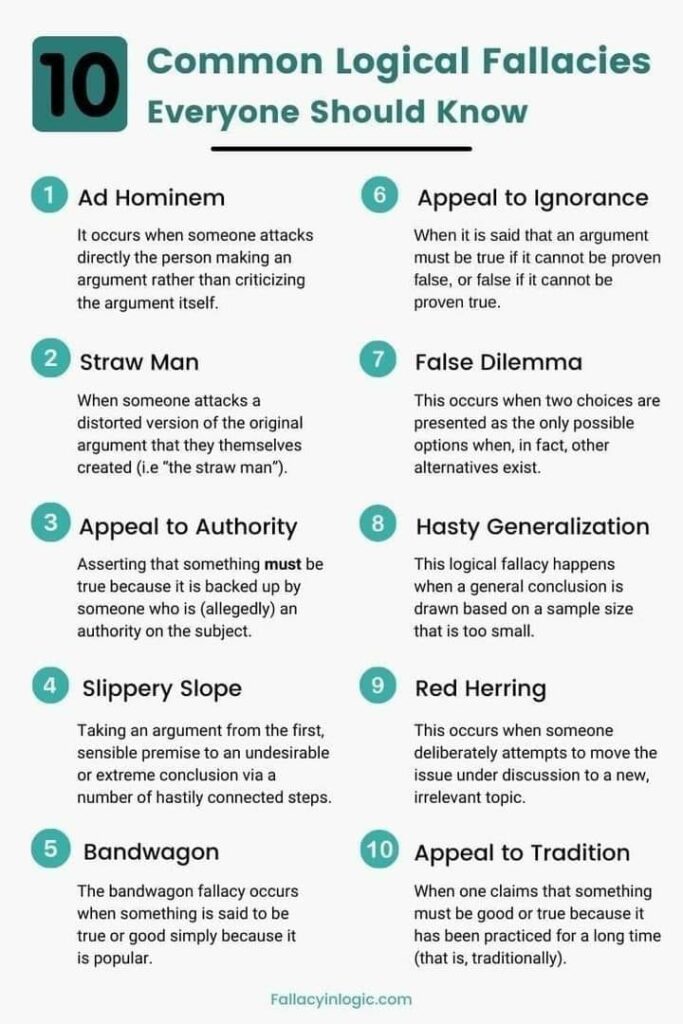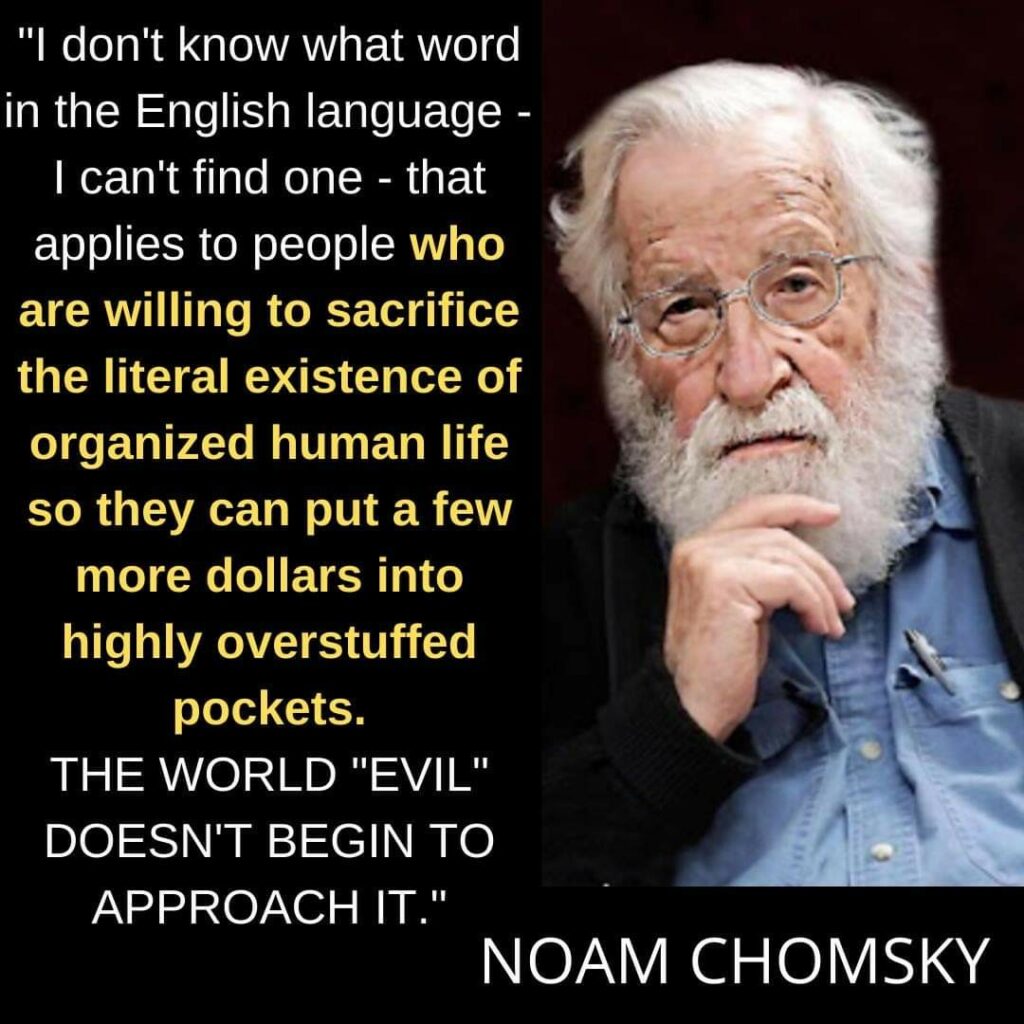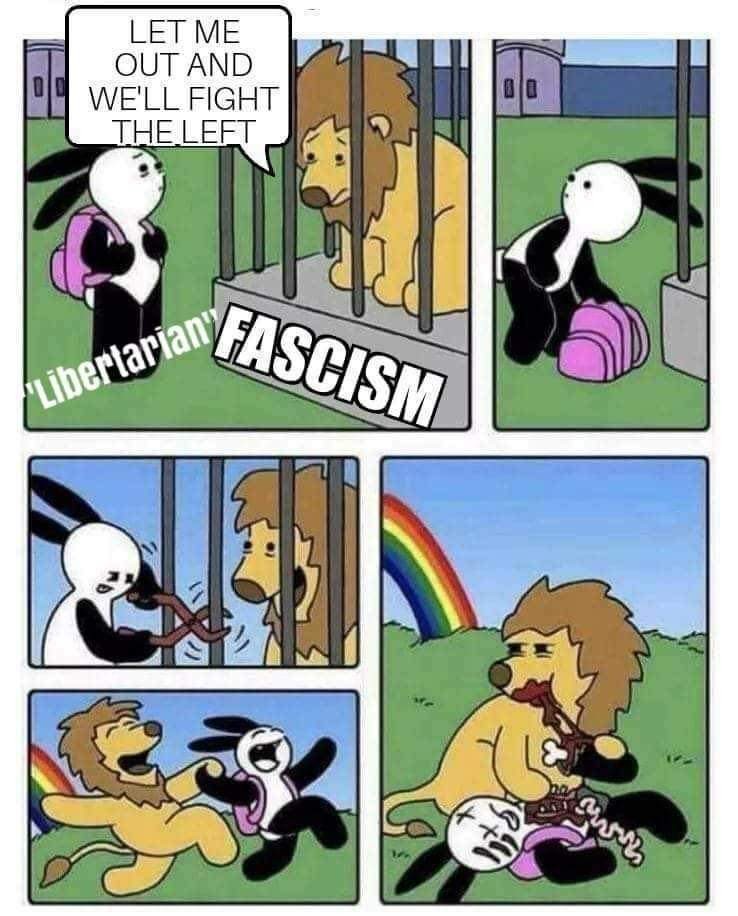
A lot of our public discourse has reached the stage where it might be worth thinking about it as a mental health issue, and that after the “common sense” worshipping of the #deathcult for 40 years, this becomes escalating hard to mediate. This post is about a summing up of this thread https://www.reddit.com/r/foss/comments/1e5vhif/crisis_of_governance_in_foss_medieval_politics/ on Reddit where I posted the text of one of a blog posts on #FOSS and the need to move away from medieval governance.
The is very little if any constructive dialogue, instead we have #blocking, simply ignoring, participants selectively address certain points while neglecting others. This creates an incomplete dialogue and fails to engage with the actual scope of the argument. Example: If someone ignores the historical context and current challenges within FOSS governance structures, they miss why the proposed changes are necessary. Belittling involves dismissing or undermining arguments or concerns, which shuts down dialogue and discourage participation. Example: Dismissing the discussion of governance in FOSS as “unreadable” or “spammy” without engaging with the substance or argument. Nitpicking, focusing on minor details and errors rather than engaging with the main points, derails the conversation and prevent meaningful discussion. Example: focusing on correcting typos or minor factual errors without addressing the argument for the need for governance changes in FOSS projects. StrawMan, misrepresenting the argument to make it easier to attack, distorts the discussion and leads to unproductive debate. Example: Suggesting that advocating for more structured governance in FOSS is equivalent to demanding strict corporate-like control, which misrepresents the argument for more democratic and community-driven governance.
Reasons for these messy behaviours: Ideological differences, people have strong beliefs about what is “common sense” and react defensively to suggestions that change/challenge any of this existing, mostly blinded belief. This misunderstanding then feeds the growth of the lack of understanding of the historical context and the specifics of the proposed changes that then feedbacks misinformed critiques, end up building resistance to change. Yes, change is uncomfortable, and people resist it by dismissing or undermining new paths, ideas please? The style of communication can be off-putting and confusing for in and out groups, leading to reactions that focus on form rather than addressing any substance is a small problem.
Why this matters? There is a crisis of governance in #FOSS, Aristocratic hierarchies and monarchical leadership pushes the concentration of power among a few maintainers and leaders, this lowers community building and buy in. Medieval governance structures are medieval political systems, it’s obviously unfit for the modern world, let’s look at why we have this mess – with #neoliberal, individualism and its failures, #stupidindividualism breeds the focus on individualism, which undermines collaboration and community-driven efforts in FOSS. This fixation with market-driven development rather than community needs result on one hand in less innovative and user-friendly software, and on the other in #dotcons control and exploitation. Feeding the #techchurn and #geekproblem insular and exclusionary culture.
Addressing issues like this of ignoring, belittling, nitpicking, and straw man arguments that push back productive dialogue. What are the solutions to this current path, maybe, democratizing decision-making, the path of transparent and inclusive governance models like the #OGB to build community-concentric approaches, like #indymediaback and #makeinghistory. To make this work, let’s try shifting to focus on to community needs to balance the individuals ambition and market demands. Cultivate an inclusive culture that values diverse perspectives and considers different social, cultural, and economic paths.






